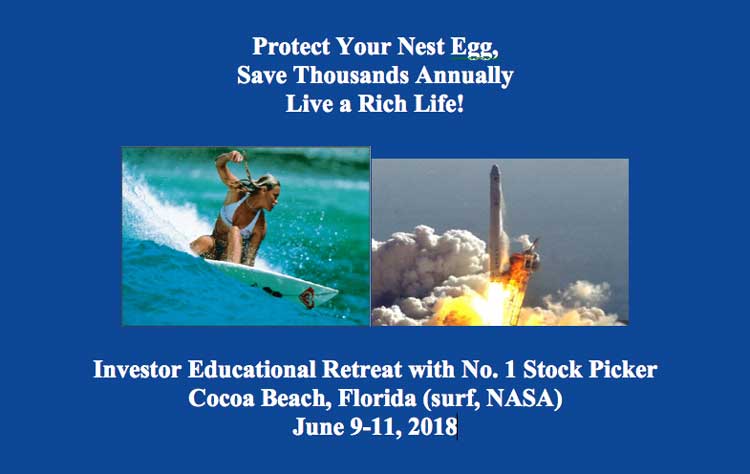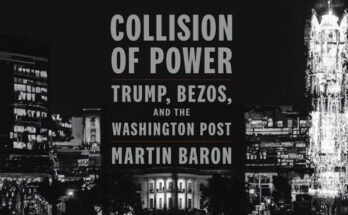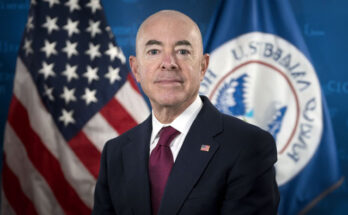Photo By Steve Jurvetson: A Tesla Motors Model S sedan in the courtyard of a TED Conference. Wiki Commons. Used with permission.
Two fiery, fatal collisions put the safety spotlight on electric cars and the leading EV automaker Tesla Motors.
Dear Natalie: There was a second exploding Tesla this week. Are electric cars safe? How do you think it will affect Tesla’s market? Is it time to sell my Tesla stock?
Dear Tesla Shareholder:
Thanks for alerting me to the car fire. Whenever there are headlines, it’s fair to reassess your investment, and it’s also important to put the headlines into context. The main question here is, “Are electric cars safe?” So, let’s dive in and explore the data.
There were 37,150 traffic fatalities in 2017. According to a report issued by the U.S. Fire Administration in January 2013, there were 194,000 vehicle fires between 2008 and 2010. Approximately 1 in 7 fires responded to by fire departments is a vehicle fire. That averages to about 65,000 vehicle fires per year, with 300 vehicle fire deaths and 1,250 injuries. When a Tesla is involved in a fatality, it makes national headlines. The other 37,000 times this happens, it’s a tragedy that stays mostly in the local paper. In my search for this data, I came upon a statistic showing that Ford Motor Company recalled 230,000 vehicles that were at risk of an engine fire in 2017. Somehow that didn’t make as many headlines.
Tesla’s Model S and Model X vehicles receive the highest safety rating possible, 5-stars, from the National Highway Traffic Safety Administration. In 2013, the Tesla Model S received the highest safety rating ever issued by the NHTSA.
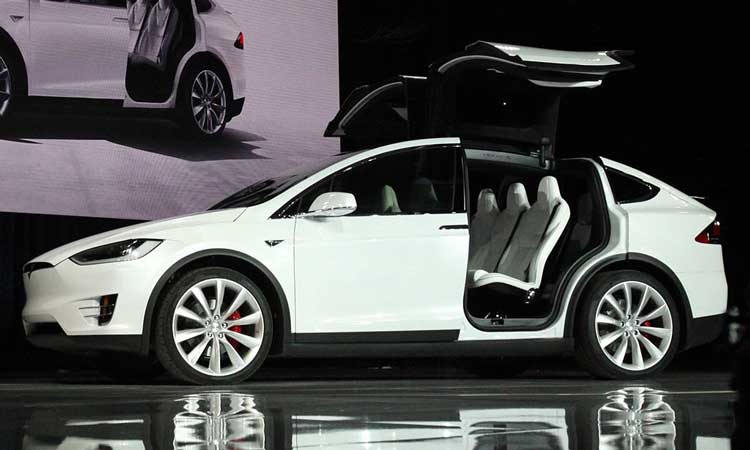
Another question might be concerning Autopilot (something that planes have been using for decades). 94% of the crashes that occur are due to “human choices,” such as distracted driving (texting, etc.), drowsiness, speeding and driving drunk, according to the National Highway Traffic Safety Administration. That is why, according to an Oct. 6, 2017 press release, “NHTSA continues to promote vehicle technologies that hold the potential to reduce the number of crashes and save thousands of lives every year, and may eventually help reduce or eliminate human error and the mistakes that drivers make behind the wheel.” In 2017, traffic fatalities were down almost a percent, while miles driven were up 1.2%. Everyone is hoping that Autopilot will dramatically reduce traffic fatalities and accidents in the years to come.
All in all, it seems clear that the NHTSA is a fan of autonomous vehicles and Tesla. That may change if there is an endemic problem found that resulted in the Tesla fires (other than speed) or if there is a recall.
One other thing that is helpful is to look at the company sales growth, profit margins, and debt, alongside the competition. This tells us how the customers feel about the company. So, how is Tesla performing compared to its peers, Toyota, Ford and General Motors?
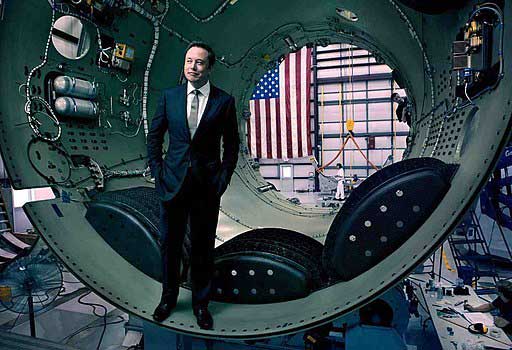
If we consider sales growth, no company comes close. Tesla trounces the competition with 26.40% year over year sales growth, compared to 7% at Toyota and Ford and -3.1% at General Motors. Tesla lost $2 billion last year. GM lost almost $4 billion. Meanwhile, Ford and Toyota made $7.60 billion and $16.53 billion, respectively. Tesla’s debt is high, but Ford’s debt to equity ratio of 2.89 is even higher. The differences between Tesla and the century-old auto manufacturers is stark. Tesla is inventing a new paradigm and building factories to keep up with escalating demand. That’s expensive but promising. However, it’s not as expensive as trying to keep pension and health care promises that were made to retirees. Borrowing from Peter to pay Paul is far more problematic for a business than borrowing to create more product to meet demand.
The outlook for Tesla Motors still looks bright, despite the tragic fatalities that have made headlines recently. There are two issues that traders and investors might have to endure this quarter, however.
Factory Shutdown for 10 Days
During the second quarter of 2018, the Tesla factory will experience a 10-day shutdown to address bottlenecks, with the intention of doubling production to 5,000 Model 3 vehicles per week. (Production currently stands at 2,270/week.) Tesla aims to achieve this production goal within two months.
Tesla Executive Exodus
There has been a lot of speculation about an executive exodus at Tesla, and the toll it will take on this groundbreaking company. Elon Musk calls it a thorough reorganization, which is designed to flatten the management structure, combine functions and trim the fat. His goal is to take the company into the black in Q3 and Q4 2018. Executive exodus is typically a red flag. When I looked at the details, it appears that most of the executives were using their Tesla pedigree as a springboard to the C-suite of another company. In the rapid pace world of Silicon Valley, this is a lot more common than elsewhere.
Employees at Tesla give Elon Musk an 84% approval rating (source: Glassdoor). That high of a rating is hard to achieve in any company, particularly one that is reorganizing. To be fair, Ford’s Jim Hackett receives an 84% approval rating and the company itself ranked higher than Tesla, at 4% over Tesla’s 3.4%. Mary Bara, the CEO of General Motors, receives an impressive 91% approval rating, with a 3.8% company review.
Employees complain about the lack of work/life balance at Tesla, burnout and Musk’s micro-management. Despite the complaints, however, most of the employees weighing in say that Tesla has an important, positive mission and are proud to be a part of it.
Elon Musk is the CEO of Tesla Motors and SpaceX. He’s been called the modern-day Einstein of our era. When everyone else was producing electric golf carts, he made an all-electric sports car that could outpace a Porsche (the Tesla Roadster). He has had many firsts in the space industry that seasoned veterans are blown away by. Personally, I wouldn’t bet against him.
Do you have a budgeting, investing or economic questions for Natalie Pace? Simply email info@NataliePace.com.
Natalie Wynne Pace is the author of the Amazon bestsellers The Gratitude Game, The ABCs of Money and Put Your Money Where Your Heart Is (aka You Vs. Wall Street). She has been ranked as a No. 1 stock picker, above over 835 A-list pundits, by an independent tracking agency (TipsTraders). The ABCs of Money remained at or near the #1 Investing Basics e-book on Amazon for over 3 years (in its vertical). Natalie Pace’s great, great grandfathers James Pace and Lorenzo Wright were some of the original pioneers of Graham County. Call 310-430-2397 to learn more about Natalie Pace’s books, private, prosperity coaching and 3-day ABCs of Money Retreats.



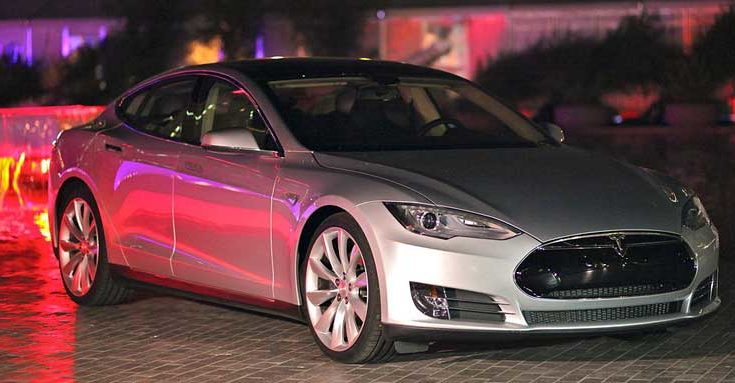
 Column By Natalie Pace
Column By Natalie Pace